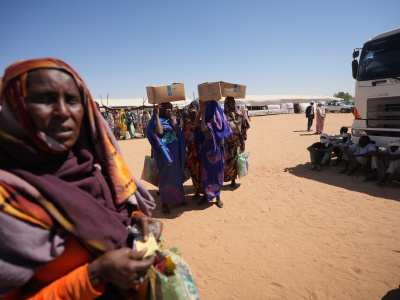
EU Cooperation with Politically-fragile Countries: experiences from Liberia
ECDPM work on selectivity and performance criteria for the future of ACP-EU1 cooperation shows that there is a grey area between “ suspension ” and “ positive measures ” that needs to be rationalised in EU development policy, particularly when countries are plagued with conflict (Bossuyt and de Jong, 1997). Few observers and operators understand the complexities and opportunities which such crisis interventions present. This report is a contribution to ongoing ECDPM research to understand these situations and to suggest appropriate cooperation policies and instruments.
This lack of understanding has meant that many donor efforts to align their aid disbursements to performance criteria actually punish poor and conflict ridden populations - arguably a majority in Africa.
In cases where EU aid is suspended, where political and institutional criteria of development were applied, needs criteria came second to merits. Countries like Sudan and Congo Kinshasa have been abandoned by a suspension of the Lomé cooperation. Too often this led to situations where only humanitarian aid was forthcoming, and this was often subordinated to short term planning so that it was not sustainable, consultative nor comprehensive. This may have led to EC Humanitarian Office (ECHO) projects which, even though they were well-designed and implemented, had detrimental effects. They were launched in a context which really required rehabilitation assistance, but where none was forthcoming.

